7 things the NX must do in order to turn things around for Nintendo
NX-t gen opportunities
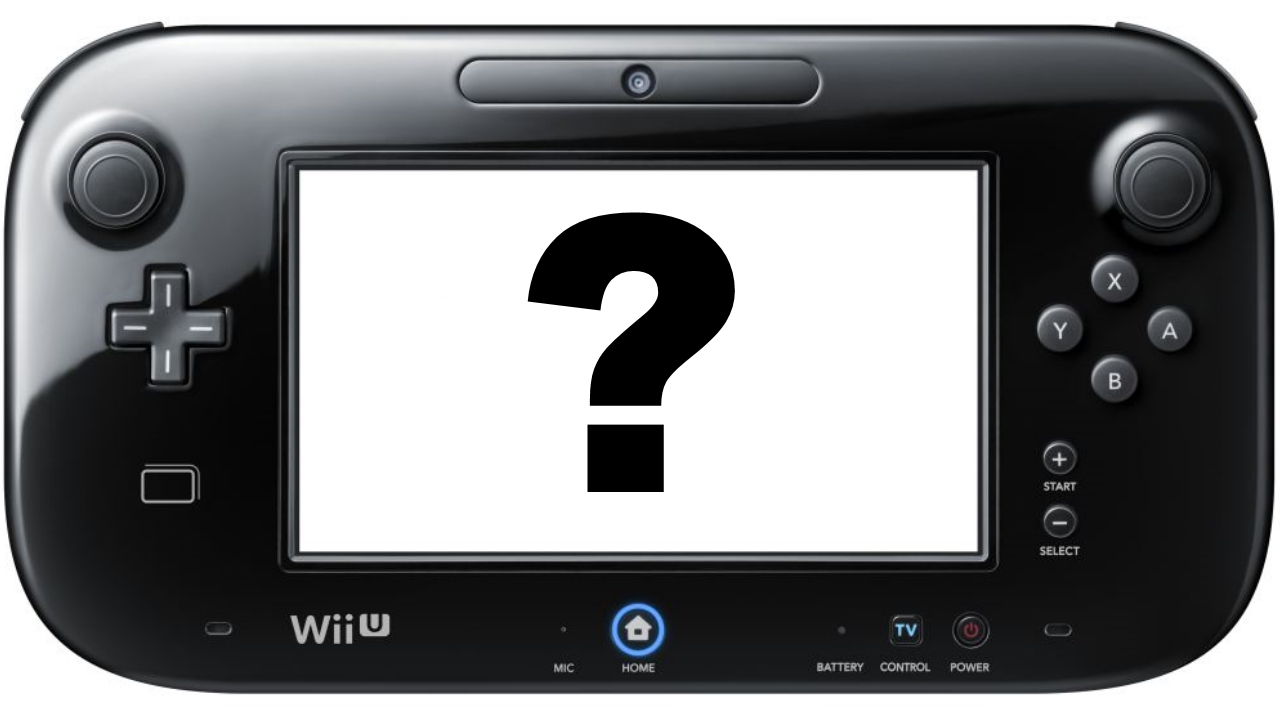
To grossly understate the situation, Nintendo is in a rather tricky position right now. Never has a console from an established, major player failed as hard as the Wii U did. Crippled via a mix of confused messaging and underwhelming software support, we now know that Nintendo's current home console already has a successor incoming - as of now dubbed the NX - just three years after its launch. That's not a great legacy.
But what does the NX need to do, in order to avoid the same fate? Nintendo has arguably never been in a worse situation regarding support from third-party developers, the Wii U having limped along, propped up largely by first-party and indie offerings since just after its release. And in terms of public excitement, things are far from great. With the mainstream hype of the Wii now a distant echo, and Nintendo's core fanbase confused and disenfranchised, there's major work to be done just to garner an audience. There are ways to turn things around, but to do so, we have to take a cold, hard look at the recent past. More than any Nintendo console in history, the NX needs to get some very specific things right, from the very start. Here's what those things are.
Don't over-complicate it
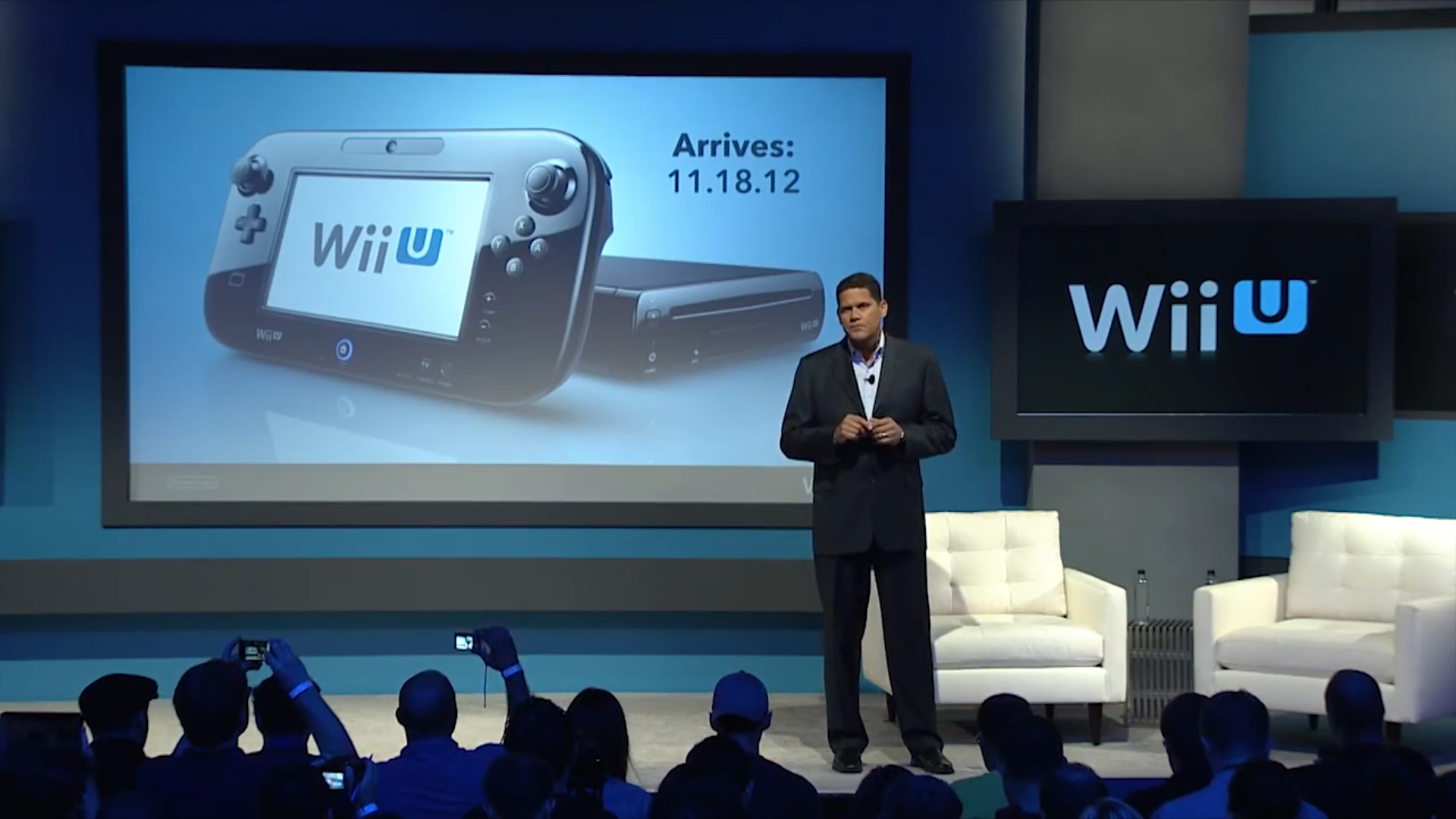
Nintendo has never looked as confused as it did when marketing the Wii U. The casual market had delivered a huge influx of cash for the Wii hardware even if less giving when it came to software - so it ostensibly made sense to go after that audience again. But then what of the disenfranchised hardcore? Better try to excite those guys too. So, a proper controller then, yeah? But Wiimotes too. And extra horsepower. But early game demos that used simple, Mii-focused graphics that the Wii Sports audience could relate to. And another controller that looked like a tablet - because the mainstream is all about tablet gaming - but which doesnt actually function like a tablet, and also needs to be a proper controller as well.
It was a mess. No-one knew if the Wii U was for them, and additionally Nintendo really under-estimated the casual markets, well, casual nature. Turns out that fad-buyers without serious brand loyalty dont hang around once the novelty is over, especially not when the follow-up seems so complicated and confusing. The problem, really, was that Nintendo tried too hard in its messaging. It tried too hard to be too explicit about all of the things the Wii U would do, emphasising everything and nothing, selling to everyone and no-one. Which brings me on to my next point
Grow the audience naturally. Don't force it
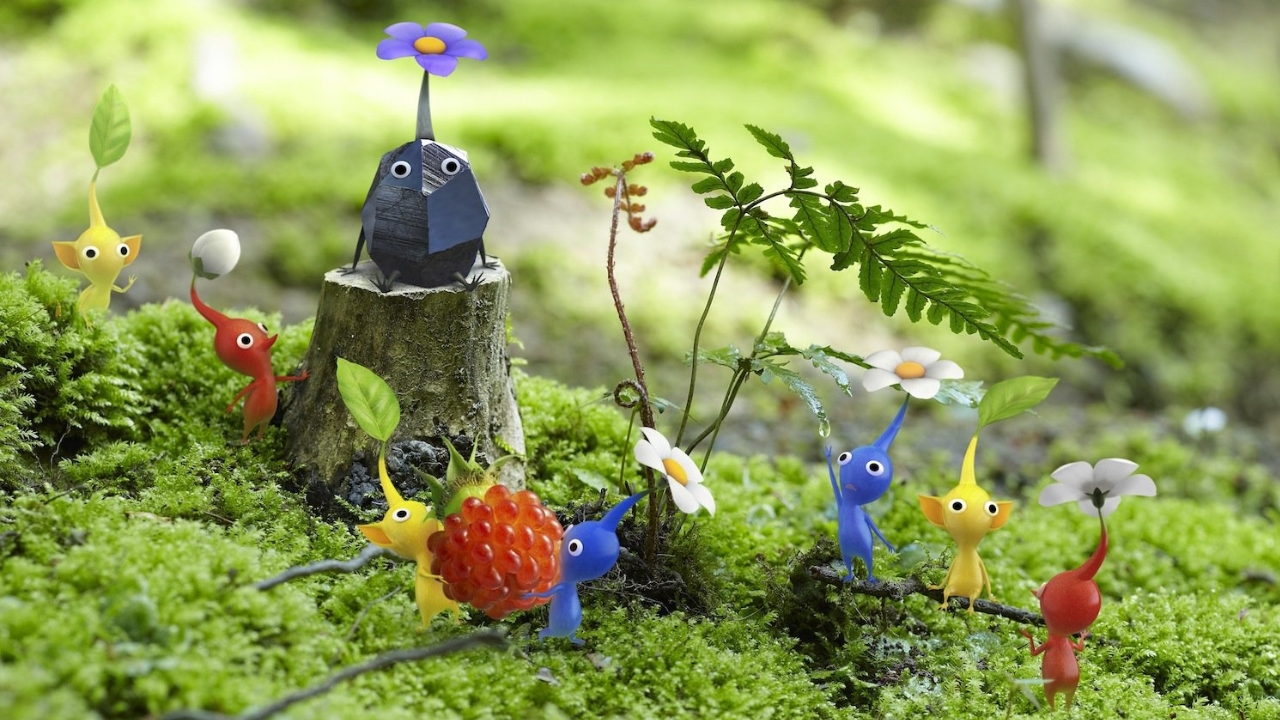
The irony of the failure of Nintendos try-hard versatility with the Wii U is that both PlayStation and Xbox have captured highly eclectic audiences over the years, simply by delivering eclectic experiences. A couple of misfires, by way of Kinect and Move, aside, neither has ever made an explicit move for segmented markets. Theyve simply made a big deal out of their launches, by harnessing the excitement of the loudest, most committed elements of the fanbase, and then expanded from there, via a natural process of library expansion and price drops.
You dont need to force multiple identities with a Swiss Army Console. You just need to make a splash with the eager, early adopter hardcore, and then let the software speak for itself once you have a healthy user-base locked in. The Wii U approach was a convoluted case of too much, too soon. Go that way, and at best you sound confusing, and at worst risk an air of desperation to boot.
Don't piss off third-parties with gimmicks
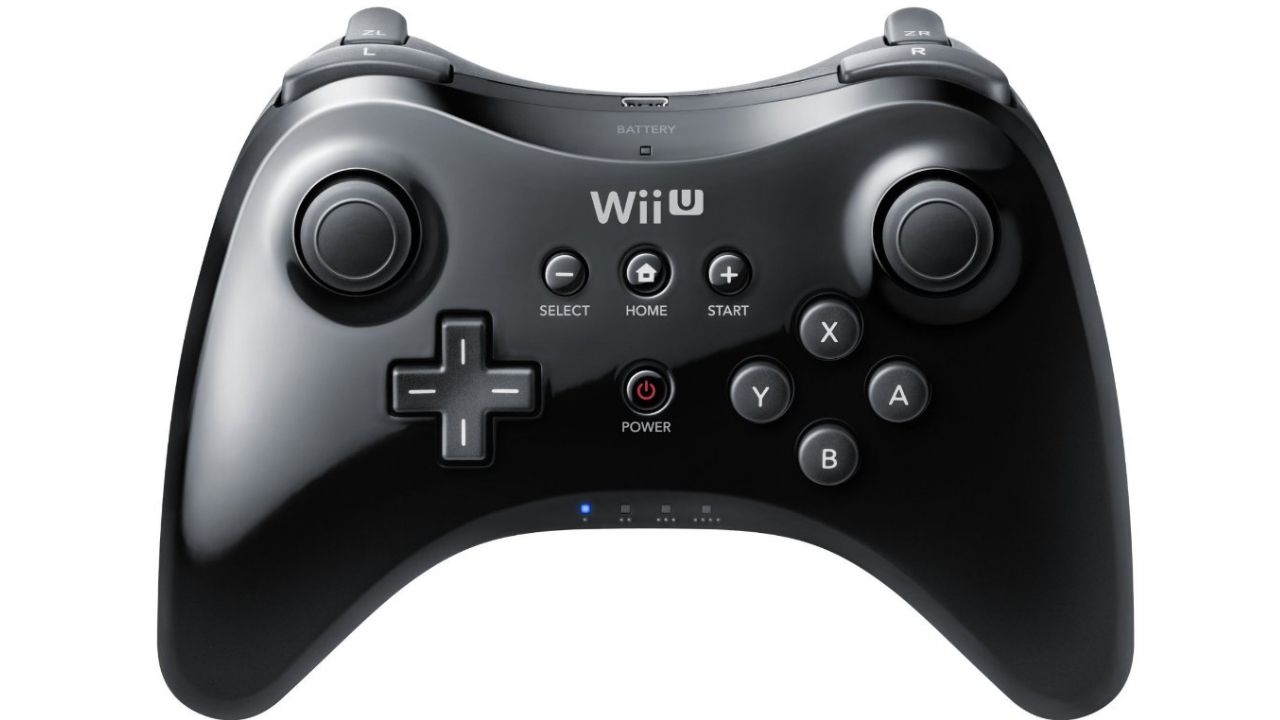
Its long been Nintendos mantra that a good nay, vital aspect of console design is an interesting point of hardware difference. For years, weve heard Ninty talk about how if we just did the same as everyone else, there would be no point. For years weve heard that developers have new and interesting opportunities on Nintendo platforms. And you know what? For years, it has been wrong.
Weekly digests, tales from the communities you love, and more
Think about it. Youre developing a major, AAA, cross-platform title. Youre up against it for three years solid, on an immensely complex project taking in many different staff over many different disciplines. In the PC, Xbox One and PS4, you have three platforms that roughly do the same thing. Over in the other corner, you have Nintendo, expecting you to make a different version, just for them, that uses a motion-sensor, touch-screen, microphone, heat-sensor, heart-rate monitor, waffle-iron and cheese-grater. Are you going to be excited about all of the new opportunities? No. Youre just not going to make a version for Nintendo. Thats why Nintendos third-party support is terrible, and thats why the NX needs to steer clear of complication. Again, sell your point of difference through your software.
Don't piss off third-parties with underpowered hardware
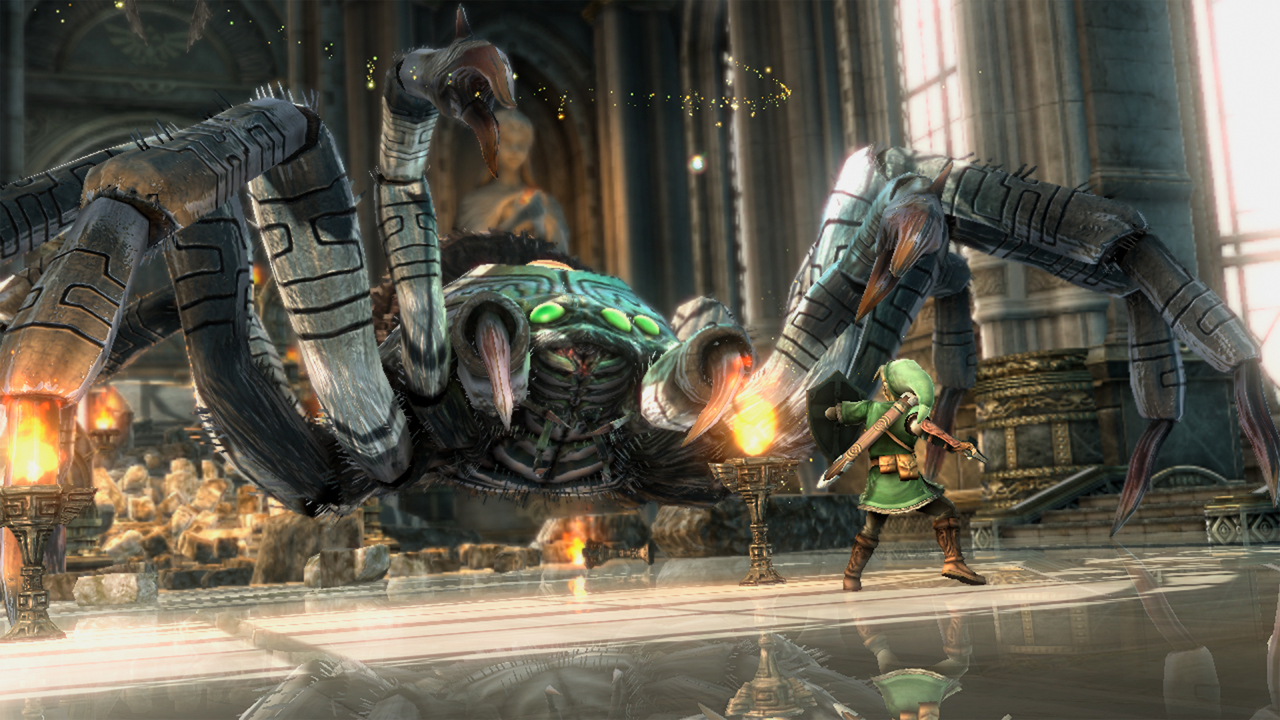
And coming off the back of that last point, shall we explode the Ninty-purveyed myth that horsepower doesnt matter? Because it does. Im not talking about a simple need for flashy graphics, nor am I making a case for Nintendo pushing its development resources into polygons over design creativity. The problem here is the same as that in the previous slide. Third-parties. No-one wants to port a major project over to a machine that has half the power of the lead platforms. No-one wants the extra hassle and work, and no-one wants to see their creative vision compromised for the benefit of one format. This is the other reason that Nintendo gets substandard third-party support.
The NX doesnt need to be a grand, technological leap over the PS4 and Xbox One. It just needs rough parity, and an architecture thats relatively straightforward to work with. Sony and Microsoft have both realised the importance of developer-friendly hardware, Sony in particular wearing its Cell-shaped mistakes on its sleeve when announcing the PS4s simple, PC-based tech. By the time the NX comes out, current-gen hardware will have been around for a while, costs will be dropping, and Nintendos rivals will be due (or will have already imparted) a price-cut. Theres no reason a competitively powerful NX should be out of the question. Beyond that, it will be necessary.
Don't piss off Wii U owners
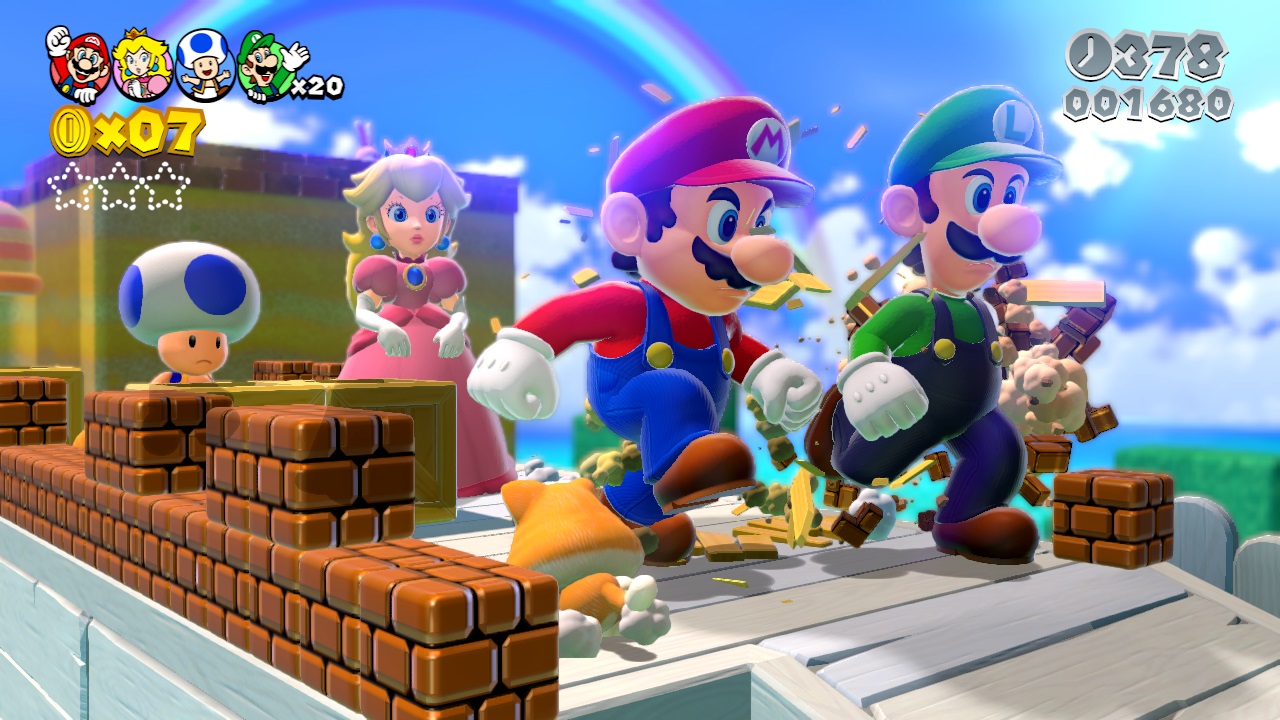
Devs arent the only ones whove been disenfranchised over the last couple of generations. Theres work to do with the players as well. Obviously Nintendo lost a lot of goodwill among its long-time fans as a result of the Wiis drastic change of direction, but beyond that, theres the matter of the Wii Us rapid failure to deal with. Drawing a line under the platform and starting fresh is arguably the right business decision to make right now, but despite the machines low sales, doing so will still leave some of its adopters feeling rather abandoned.
The solution? Backward compatibility. The NX needs to allow Wii U owners to pick up where they left off, either via native compatibility or a downloadable solution similar to Microsofts backward compatibility between the Xbox One and Xbox 360. Whatever the exact method used though, Nintendo needs to transition Wii U owners over to the NX as painlessly as possible. Of course, legacy peripheral compatibility is going to be important for games that make heavy use of the Wii U GamePads screen but, for the reasons already discussed, lets reserve that stuff for last-gen software, and not build the new systems new games around old controllers. That was another thing that confused the hell out of prospective Wii U buyers.
Consolidate first-party resources in one place
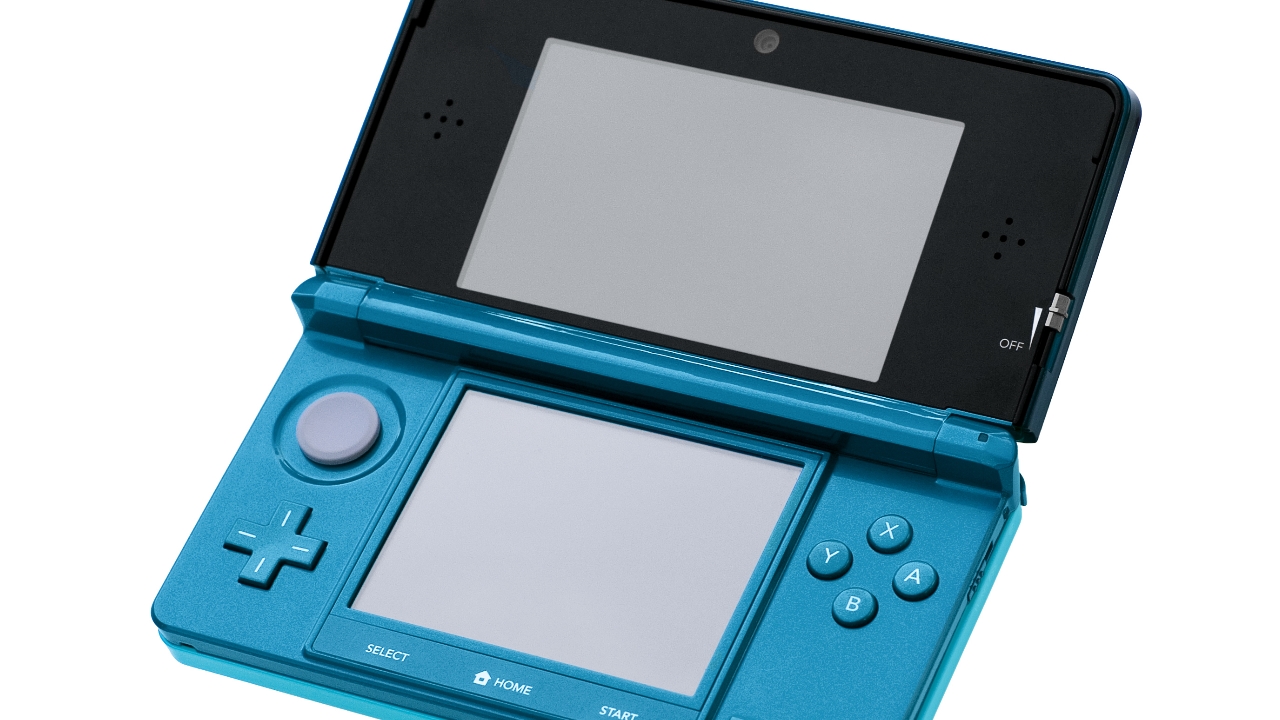
If the Wii U proved anything its that even a creative design powerhouse as talented as Nintendo cannot sustain two platforms single-handedly through first-party releases. With AAA, third-party Wii U support virtually non-existent after the machines launch window, the platform holder has been notably stretched in its efforts to maintain a healthy library of games on both its home console and the 3DS. And unsurprisingly, given its much greater success and smaller demands the handheld has often taken the lions share of resources.
That cant continue with the NX. Yes, there are ways that Nintendo can make its new console far more palatable to third-parties, but it also needs a contingency plan if that doesnt work. With the 3DS now coming up on the five year mark, theres a great opportunity to consolidate resources here. Rather than self-cannibalising with two separate platforms, how about rolling everything into one? If, say, its controller sported a screen (just as a display) and Nintendo got some form of PlayStation-style remote play running, we could easily be in business. Whatever else it has done wrong, Nintendo has always maintained a strong reputation in handhelds, so sell the NX as one of those as well, and you have one platform to rule them all, whether you play on the sofa or the bus.
Give it some respectable on-board storage
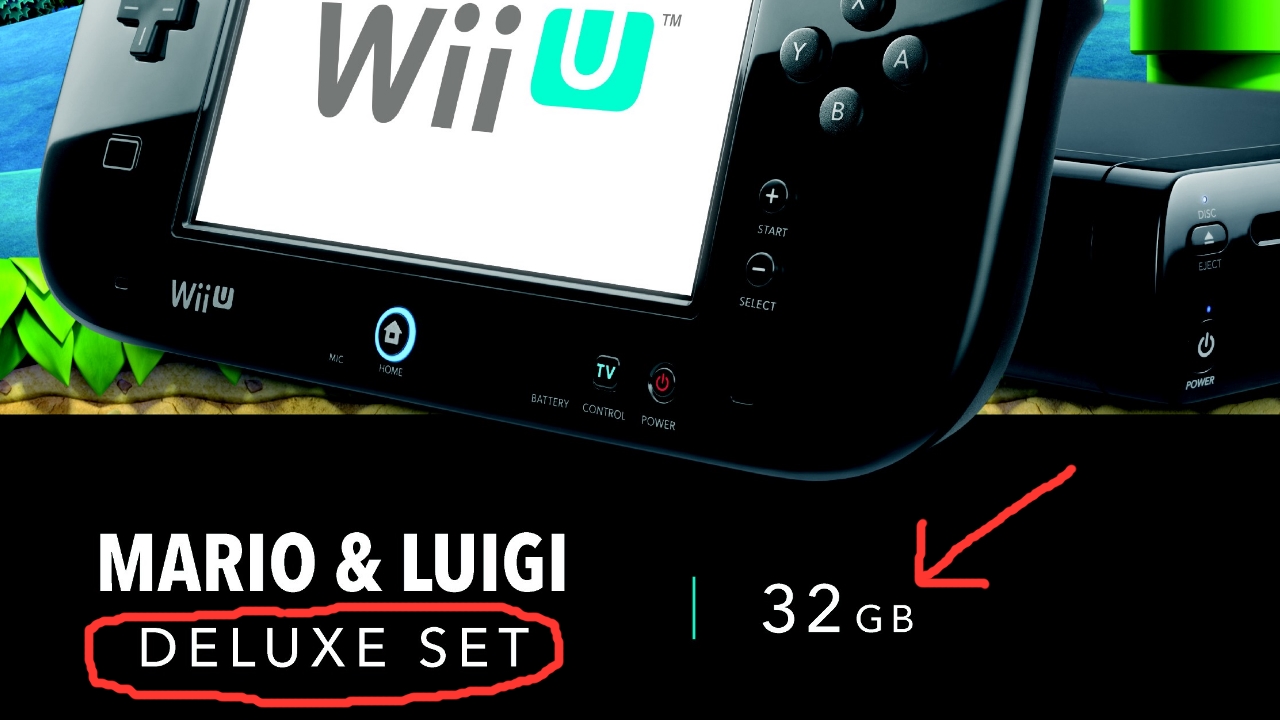
Seriously. Just seriously. Its 2015.



